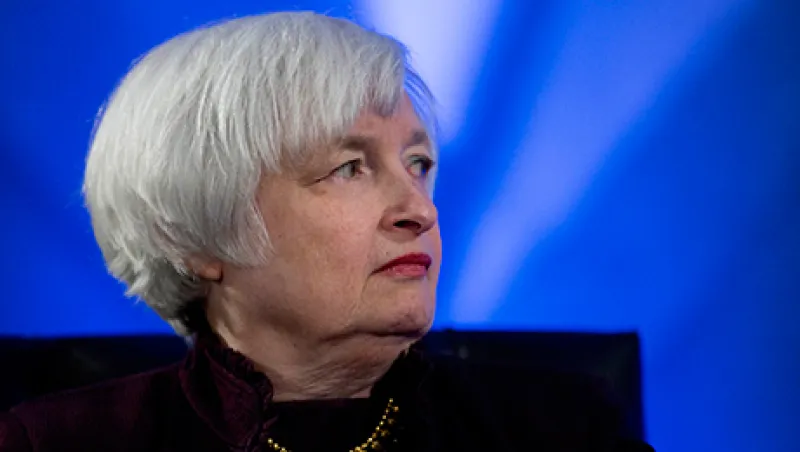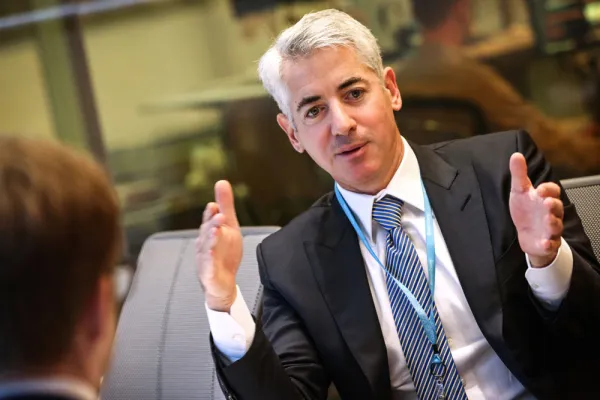Yesterday’s Federal Open Market Committee announcement was notable for both the removal of language expressing concerns over volatility in emerging economies and for the inclusion of a reference to the “next meeting” scheduled for mid-December. Signals that the Federal Reserve remains on track for an interest-rate hike before year-end caught investors off-guard. Treasury markets reacted quickly, with yields expanding on the short end of the curve. Meanwhile, reaction from global stock markets was muted while gold futures fell sharply. For now, mixed messages from Fed policymakers in recent months appears to have left investors unsure of the timing of the inevitable tightening kickoff.
Shell earnings reveal pain of ongoing weak oil prices. On Thursday, Royal Dutch Shell, the oil and gas major headquartered in the Hague, Netherlands, released quarterly results including a 70 percent year-over-year decline in profits and a nearly $8 billion charge for closure of facilities and lowered oil-price projections. The firm is pressing ahead with the $70 billion acquisition of Reading, U.K.-based natural-gas producer BG Group, which is anticipated to close in early 2016.
Deutsche Bank halts dividends for two years. After more than 20 years of dividends without interruption, Frankfurt, Germany-based Deutsche Bank announced a two-year suspension of payouts Wednesday as Germany’s largest bank embarks on cost cutting to bolster capital levels. In addition to shelving the dividend, the bank is reportedly shuttering some outposts in emerging markets.
Activity unexpectedly picks up in Japanese factories. Industrial production data issued by the Japanese Ministry of Economy on Thursday proved to be much stronger than anticipated with total output expanding by 1 percent in September versus August. With the Bank of Japan scheduled to release a new monetary policy statement Friday, the unexpectedly robust reading casts a shadow over increasing speculation that the central bank will increase quantitative easing to stimulate inflation.
Valeant decline drags down Pershing Square fund. The value of assets in the flagship fund of New York hedge fund manager Pershing Square Holdings declined by more than 4 percent last week according to a performance update Wednesday, bringing year-to-date returns to a negative 15.9 percent. The primary catalyst for the drop was Tte sharp selloff in share values for troubled Quebec, Canada-based Valeant Pharmaceuticals International, a concentrated holding for Pershing Square.
Portfolio Perspective: More Volatility on the Way
It is incredible how quickly sentiment can change in the equity markets. Just one month ago, the S&P 500 was trading at 1880 and investors were debating whether this was the beginning of a bear market. I felt it was simply a re-pricing of risk due to confirmation that the global economy was slowing. Using 2011 as the playbook, a sharp rally was expected in my view. However, a 10 percent rally since that September double bottom seems a bit aggressive. Granted in 2011, the S&P rallied over 10 percent during the month of October, but the circumstances were substantially different. Valuations were much lower in 2011, earnings growth was positive, and the Fed was instituting additional quantitative easing.
According to FactSet, earnings are expected to decline 3.8 percent during the most recent quarter. Additionally, revenue growth is forecasted to be negative for the third consecutive quarter, which hasn’t happened since 2009. Much of this decline can be contributed to the energy and material sectors, but with the market trading on a forward P/E over 16, which is historically on the rich side, investors may be somewhat complacent. Additionally, we must question how long profit margins can remain at record levels. If there is no revenue growth and costs have already been squeezed to the bone, declining profitability is inevitable. Despite deteriorating fundamentals, investors feel comfortable buying equities as they are the only game in town. Global central banks continue to stimulate aggressively and it’s hard to see that stopping anytime soon.
Although the equity market could easily make new highs into year end, there is likely to be some volatility along the way. As the price of options have declined substantially over the past several weeks, with the VIX back in the 15 range, it makes sense to own some protection against long equity positions. Even though the Fed is unlikely to raise rates at all this year, because the risk to raising too early is likely greater than the risk of waiting too long, it does not mean it will be smooth sailing.
Aaron Wallace is the chief investment officer for Carbide Capital in Los Angeles.






